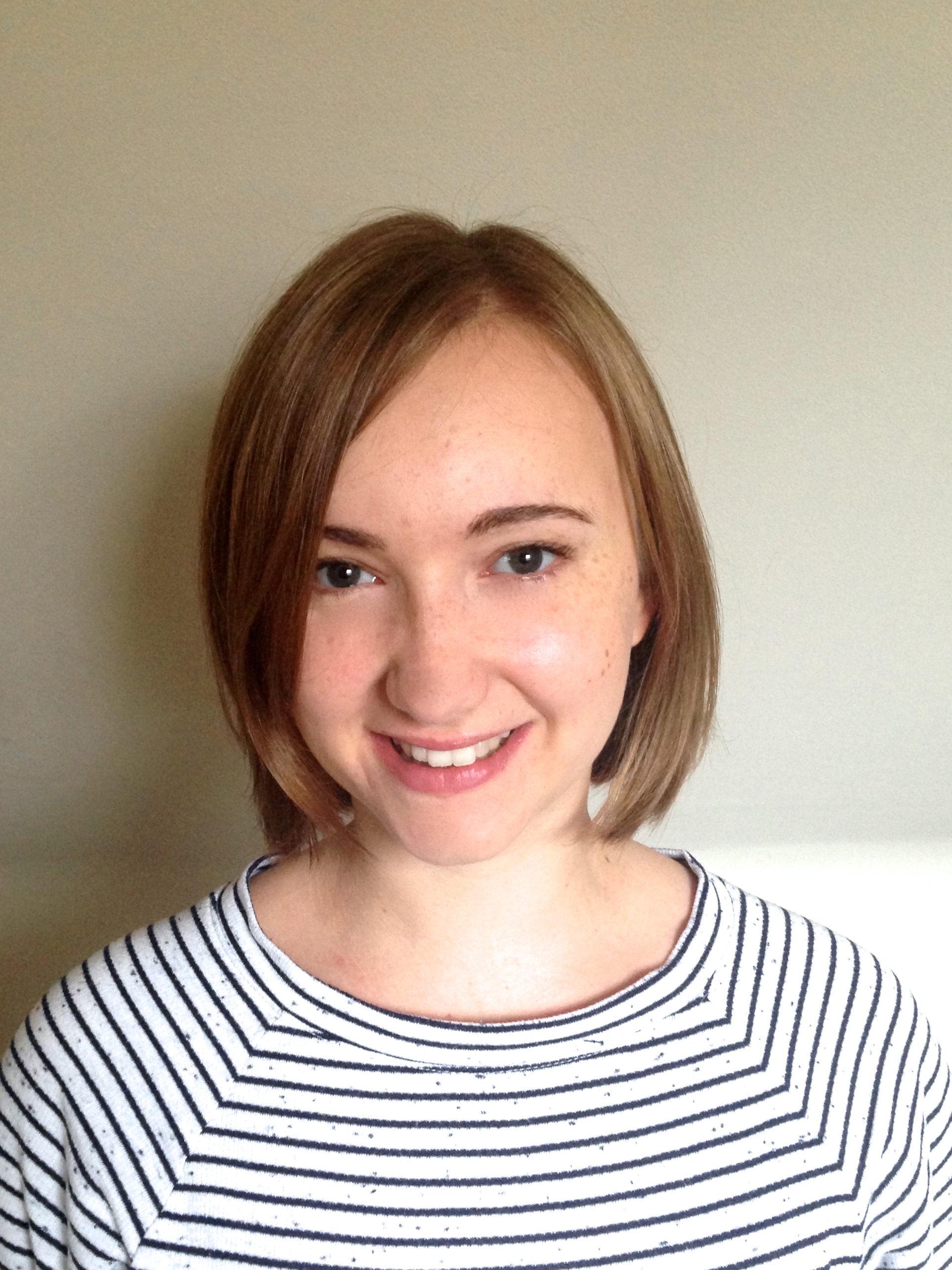My unconventional career: Claire Harrison
Claire Harrison, our #futurepmgoal winner, works as a project manager for project consultancy e2x, delivering ecommerce software projects. This year, as part of the PM goal which she tweeted about, she has joined two charity groups in her local community.
Taking the unconventional route: why the career ladder doesn’t exist in a millennial world
I started my career making and selling jewellery online. On the way to e2x, I’ve stacked shelves in Woolworths, taught tap-dancing to 5 year olds, moderated online lectures, been on reality TV in Malaysia, sold board games to retailers and worked with designers to develop baby shoes.
So how did I end up as a project manager?
Use your networks
I was 22 and living in a sleepy town in Somerset. Every Friday I would drive 120 miles to London. All I wanted to do was move to the city.
I spent two days scheduling coffee or lunch with any people who I thought were successful in London. There were corporate career-climbers, small business owners and people who worked for hip start-ups. I came out of those two days with a notebook full of contacts and advice, and a handful of job interviews. Three years later, and I’m still working with one of the people I spoke to during those meetings.
Everything you have done is experience
When I went to apply for my first job in project management I had never been a line manager, but at university I had managed a team of 10 volunteers to create a not-for-profit business. I had never been in charge of a budget, but I had carefully balanced my personal finances by working throughout university so I could invest my student loans.
Even if you have never formally managed a project, you have probably already used key project management skills. If you’re still in college or university, be on the lookout for these kind of opportunities - get involved with Enactus or local social enterprise programs. Having these examples ready will really help when applying for jobs, or in an interview situation.
Find your mentors
I was thrown into the deep end once I started my job as a project manager. By day three, I was on the client site, leading a team of four to deliver a software project. I could never have done this without the mentorship of a more senior project manager, the guidance from an architect who could translate the technical requirements into clear English, and even a manager on the client side who was able to show me around how things worked in their business. Identify who can support you, and provide advice and guidance as you learn, then ask for their help. They don’t know they can help you, until you let them know you’re there.
Keep learning
With a year of experience under my belt, it was time to get some formal qualifications. I studied for PRINCE2 and PSM1, and will be looking to study APM PMQ this year. A job would have been for life 30 years ago, but today the average person moves between six different companies. With some qualifications demonstrating your experience, it will be far easier to move between roles or even industries in the future.
Widen your experience
Right now I’m involved with Tech London Advocates as part of their Women in Tech working group, which is dedicated to increasing gender balance and equality in tech through a range of initiatives that champion fairness and inclusivity, including a new AAA Award for Gender Diversity.
At weekends I volunteer with Connect: North Korea, teaching English and mentoring North Korean refugees to increase inclusion in my local community. Connect: North Korea is an incredible organisation that supports the North Korean exile community through welfare services and raising awareness of North Korean human rights. This exposure to a variety of people and experiences is making me a better project manager because I am able to better understand different cultural, social and more diverse points of view.
Be a mentor and an advocate
Mentoring is so important particularly for women and minority groups in STEM roles. I was the first female project manager in my company, and am still frequently the only woman in the room. As the APM Salary and Market Trends Survey 2017 showed, there is still a 30% pay gap within the project management profession. I hope to see a huge shift in gender balance in the software industry during my career, and the ways we need to address this are too many to outline in this short blog post, but there is something we can all do.
Today I mentor colleagues in my company who are just starting out on their careers, but you can also work with a program like Founders4Schools which places business leaders into schools to provide mentoring and education about the workplace.
Looking forward
The nature of work and employment is changing - with new models of company collaboration, flexible and remote ways of working, and an increased need for accountability and social responsibility, the nature of projects will change dramatically too. The Association for Project Management becoming Chartered this year secures the future of the profession in the UK, ensuring existing project managers maintain quality through skills training and personal development, while also creating a clear path for the many new project managers we will be welcoming to the profession.
I wish you all the best in creating an unconventional career.


0 comments
Log in to post a comment, or create an account if you don't have one already.